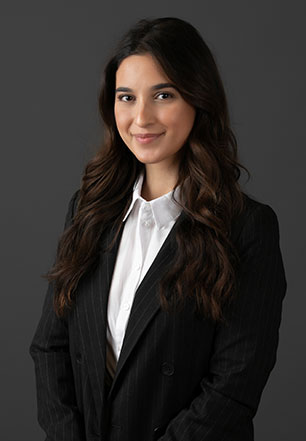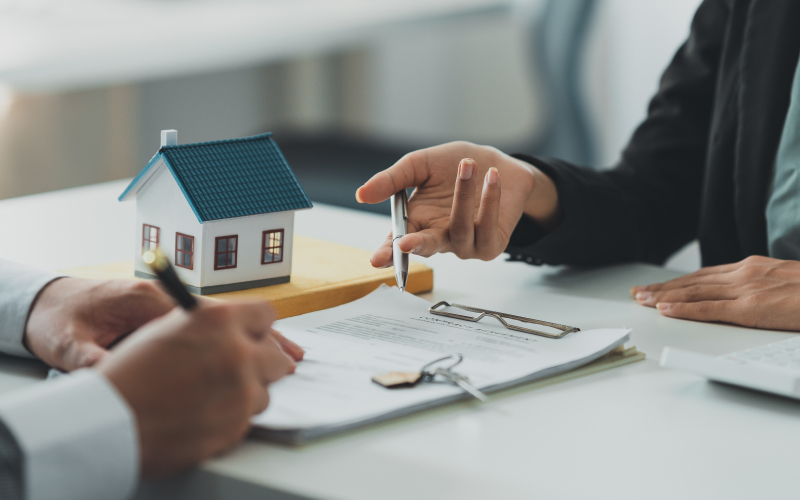Becoming a licensed lawyer in France involves rigorous academic training, a competitive examination, and practical experience. This article will provide a comprehensive guide on how to become a licensed lawyer in France, covering the educational path, the bar examination, and the stages of practical training.
1. Legal Education in France
The journey to becoming a licensed lawyer in France begins with obtaining a solid legal education. Prospective lawyers in France typically pursue a Master’s degree in Law (Master en Droit) at a French university. The Master’s program is generally two years in duration and provides students with a comprehensive understanding of French law, including civil law, criminal law, public law, and international law.
During their Master’s studies, students have the opportunity to choose specific areas of specialization and may undertake internships to gain practical exposure to the legal profession.
2. Preparing for the French Bar Examination
The French Bar Examination, known as the “Examen d’entrée au Centre Régional de Formation à la Profession d’Avocat” (CRFPA), is the gateway to becoming a licensed lawyer in France. The examination is highly competitive, and candidates must demonstrate a deep understanding of the law, strong analytical skills, and the ability to apply legal principles to practical scenarios.
To prepare for the CRFPA, candidates often enroll in preparatory courses offered by various legal training centers. These courses help candidates review the extensive material, practice answering exam-style questions, and refine their legal reasoning and writing skills.
3. CRFPA: Written and Oral Examination
The CRFPA is a two-part examination that includes both a written and an oral component.
- a) Written Examination: The written examination is typically held over several days and consists of various exercises, such as drafting legal briefs, answering multiple-choice questions, and analyzing case studies. This part assesses candidates’ legal knowledge, analytical abilities, and written communication skills.
- b) Oral Examination: Candidates who successfully pass the written examination proceed to the oral stage. During the oral examination, candidates are questioned by a panel of experienced lawyers and judges. This part evaluates candidates’ ability to articulate legal arguments, their knowledge of specific legal topics, and their capacity to handle complex legal issues effectively.
4. Practical Training (Stage d’Avocat)
After passing the CRFPA, candidates are required to complete a practical training period known as the “Stage d’Avocat.” This stage lasts for 18 months and involves working as a trainee lawyer under the supervision of an experienced attorney at a law firm or a legal department of a company.
During the practical training period, candidates gain valuable hands-on experience, participate in court proceedings, draft legal documents, and interact with clients under the guidance of their supervising lawyer.
5. Admission to the Bar (Admission au Barreau)
Upon successful completion of the practical training, candidates can apply for admission to the French Bar Association (Barreau de France). The admission process includes submitting relevant documents, such as certificates of completion for the practical training period.
6. Taking the Lawyer’s Oath
Once admitted to the Bar, candidates participate in a formal ceremony where they take the lawyer’s oath, pledging to uphold the law, respect professional ethics, and serve their clients diligently.
Investing in a property in a foreign country can seem like a complicated process to many people. This is why it is so important to be able to speak in your native language with your lawyer. Franke & de la Fuente is an international law firm, and we assist clients in several languages.

Raquel Parrado
Senior Associate
raquel@frankedelafuente.com
+34 648 092 522
Languages: Spanish, French and English


